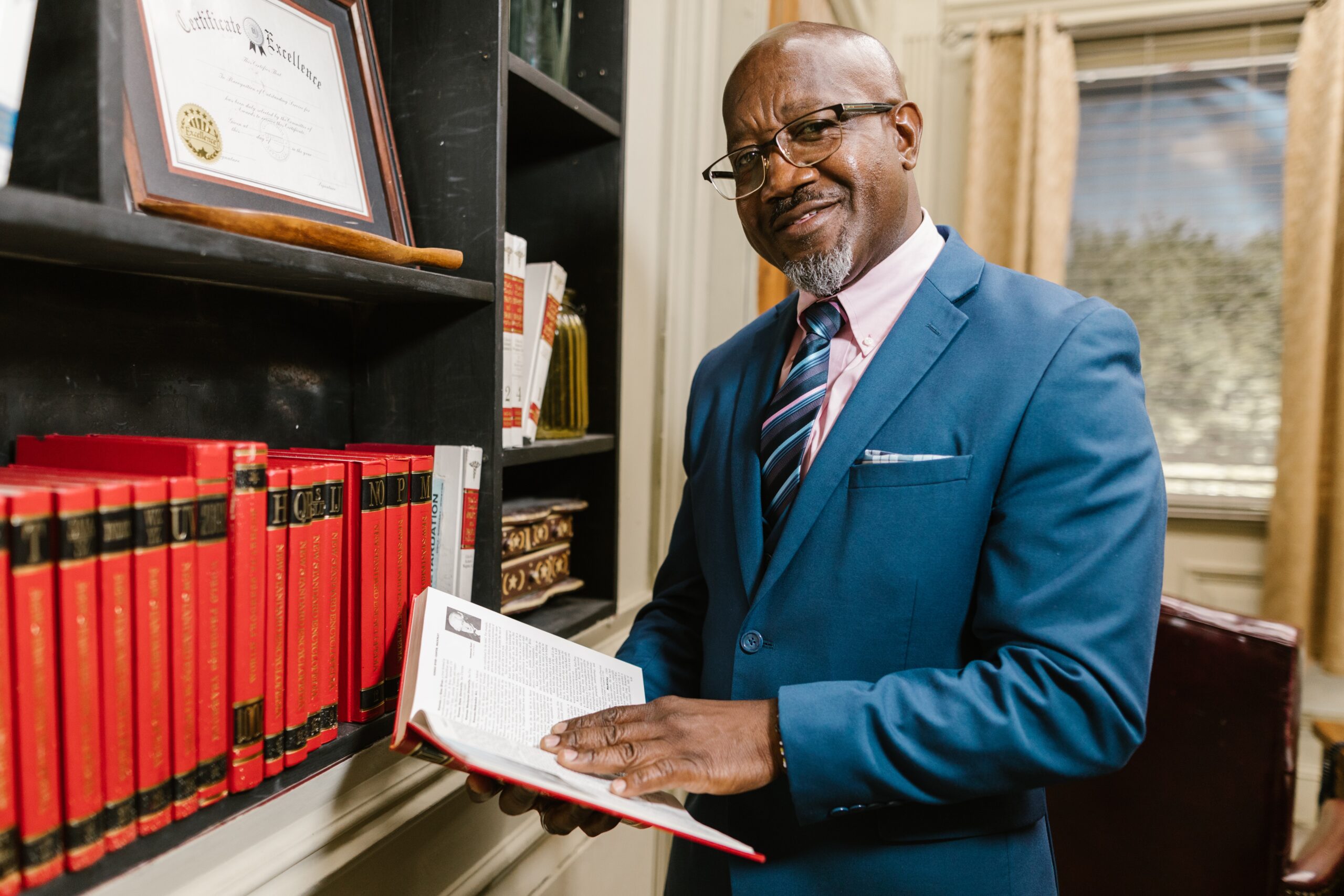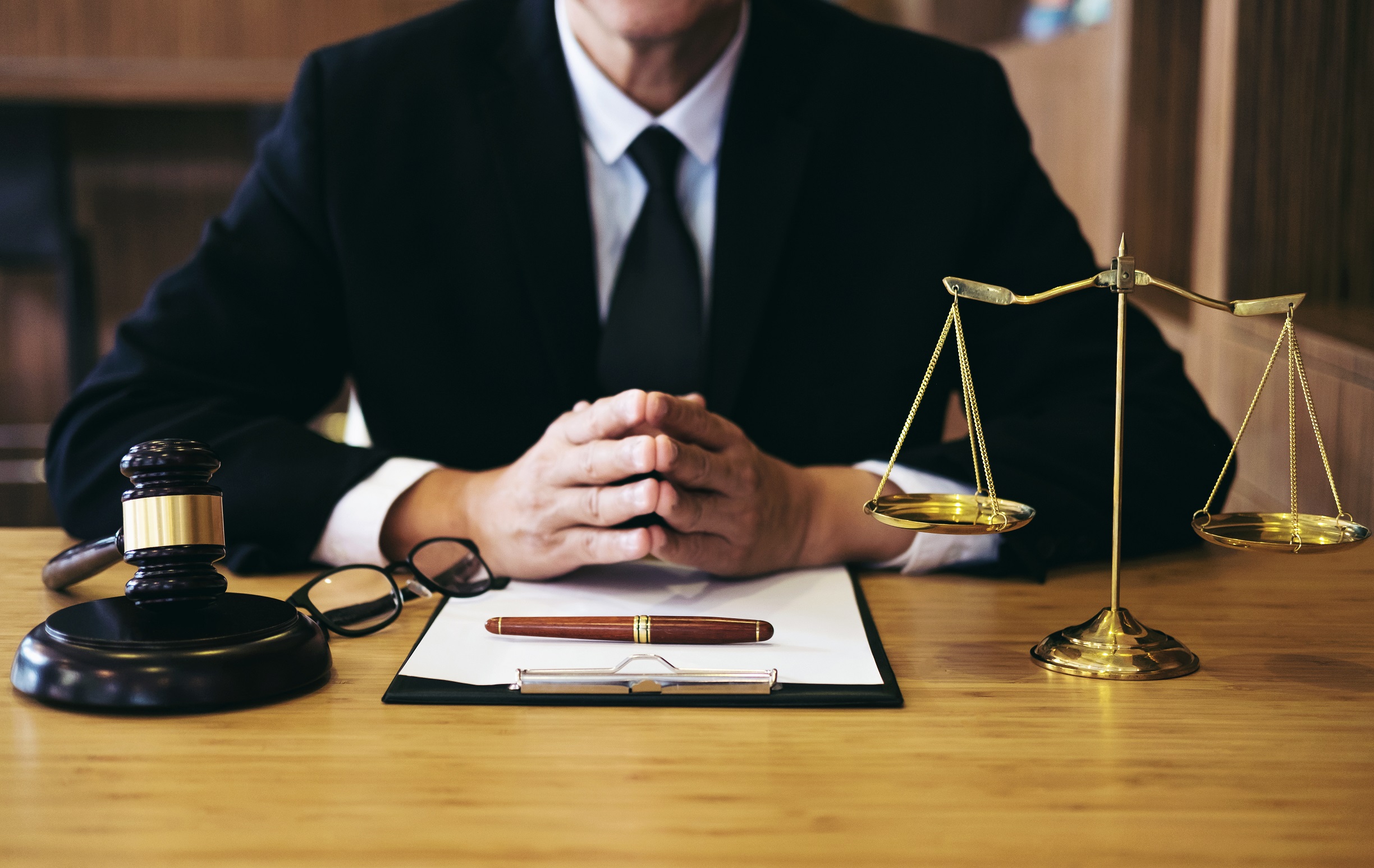Maximizing Your Appeal: Just How Expert Help Can Boost Your Appellate Approach
In the realm of appellate advocacy, the relevance of using expert support to strengthen one's appellate method can not be overstated. The detailed nature of appellate procedures requires a careful method that surpasses mere lawful expertise. By employing the know-how of specialists well-versed in the nuances of appellate technique, people and companies can unlock a wealth of benefits that prolong far past standard legal representation. As we look into the world of making the most of charm through expert aid, a globe of critical insights and tactical advantages awaits those who seek to navigate the appellate landscape with precision and finesse.
The Significance of Appellate Competence
When navigating the intricate realm of appellate law, possessing customized knowledge in appellate treatments and approaches is vital for accomplishing positive outcomes. Appellate proficiency incorporates a deep understanding of the subtleties of appellate practice, which differs significantly from trial advocacy. Appellate attorneys need to have an eager eye for lawful study, influential writing, and dental campaigning for skills customized to the appellate court's details demands.
An appellate professional brings a special skill established to the table, refined through years of experience remaining and taking care of appeals abreast of developing legal precedents. This competence enables them to craft compelling legal debates, recognize essential concerns that resonate with appellate judges, and prepare for and counter opposing counsel's disagreements efficiently.
Furthermore, appellate experts are skilled in the complicated procedural policies controling charms, making sure that all filing target dates, format needs, and administrative problems are carefully complied with. By leveraging their specialized knowledge, appellate attorneys can browse the appellate procedure with precision and skill, maximizing their customers' chances of success on allure.
Strategic Evaluation and Case Examination
Building upon the foundation of appellate expertise, calculated analysis, and instance analysis play pivotal roles in developing a robust appellate approach. It needs a deep understanding of the lawful landscape, procedural guidelines, and prospective debates that might sway the appellate court.
Case examination is just as crucial, focusing on evaluating the lawful and factual elements of the instance to determine its viability on charm. This procedure includes inspecting high court records, proof, and judgments to identify errors or problems that could develop the basis of an effective appeal. A thorough situation examination makes it possible for lawyers to craft persuasive disagreements that attend to the core issues and convince the appellate court to rule in their client's support.
In mix, critical evaluation and instance analysis develop the keystone of an effective appellate method, directing lawyers in browsing intricate lawful terrain and optimizing their possibilities of success on appeal.
Crafting Compelling Lawful Arguments
Crafting compelling legal disagreements is a vital ability that identifies adept appellate practitioners in presenting influential situations on trial. Efficient lawful argumentation requires a deep understanding of the law, essential analysis of the realities, and the ability to communicate complicated ideas in a persuasive and clear manner. When crafting legal arguments, appellate practitioners should thoroughly take into consideration the appropriate lawful principles, precedents, and plan implications to build a solid and coherent narrative that sustains their client's placement.

Browsing Procedural Complexities
To efficiently navigate procedural intricacies in appellate method, professionals must have an extensive understanding of the appropriate rules of procedure and court methods. Appellate treatments differ amongst jurisdictions, requiring an eager recognition of particular needs governing issues such as jurisdictional target dates, submitting procedures, and formatting guidelines. Failure to adhere to these step-by-step policies can lead to expensive delays, permissions, and even dismissal of the appeal.
One key aspect of navigating step-by-step intricacies is identifying the relevance of preserving issues for appeal at the trial court degree. This includes making prompt arguments, motions, and deals of evidence to ensure that appellate courts have a proper record to examine (Brownstone Appellate Law Firm). blog here Additionally, experts should understand the art of composing succinct and clear appellate briefs that conform with formatting needs and properly present lawful disagreements
In addition, YOURURL.com comprehending the complexities of dental argument procedures, consisting of time frame and the etiquette expected in appellate courts, is crucial for an effective allure. By staying attuned to these step-by-step details, practitioners can improve their opportunities of accomplishing a positive end result for their clients on appeal.

Leveraging Specialized Legal Knowledge
Specialized lawful experience plays a crucial function in purposefully advancing appellate debates and taking full advantage of the chances of success in complicated lawful proceedings. Appellate cases typically include detailed lawful concerns that require a deep understanding of certain areas of law.
Specialized legal knowledge enables specialists to determine crucial criteria, guidelines, and lawful doctrines that are important to the case at hand. This extensive understanding allows them to anticipate prospective challenges, counterarguments, and chances for influential campaigning for. Additionally, professionals can offer important perspectives on how the regulation has been interpreted and used in comparable instances, assisting to form an extra efficient appellate approach.

Final Thought
In final thought, professional help can significantly boost your appellate method by giving know-how in browsing procedural complexities, crafting engaging legal debates, and leveraging customized lawful understanding. By utilizing the abilities and experience of appellate experts, individuals can maximize their chances of success in the appellate process. Calculated evaluation and situation analysis are essential components of establishing a solid appellate technique that can aid to raise the appeal of your situation.
In the realm of appellate advocacy, the significance of using expert help to strengthen one's appellate method can not be overstated.When browsing the detailed realm of appellate regulation, possessing customized expertise in appellate treatments and methods is extremely important for accomplishing desirable outcomes. Appellate knowledge encompasses a deep understanding of the subtleties of appellate practice, which varies dramatically from trial advocacy. Appellate attorneys need to have a keen eye for legal study, persuasive writing, and oral campaigning for skills tailored to the appellate court's details needs.
Building upon the structure of appellate expertise, strategic analysis, and case evaluation play critical duties in developing a robust appellate technique. (Brownstone Law)